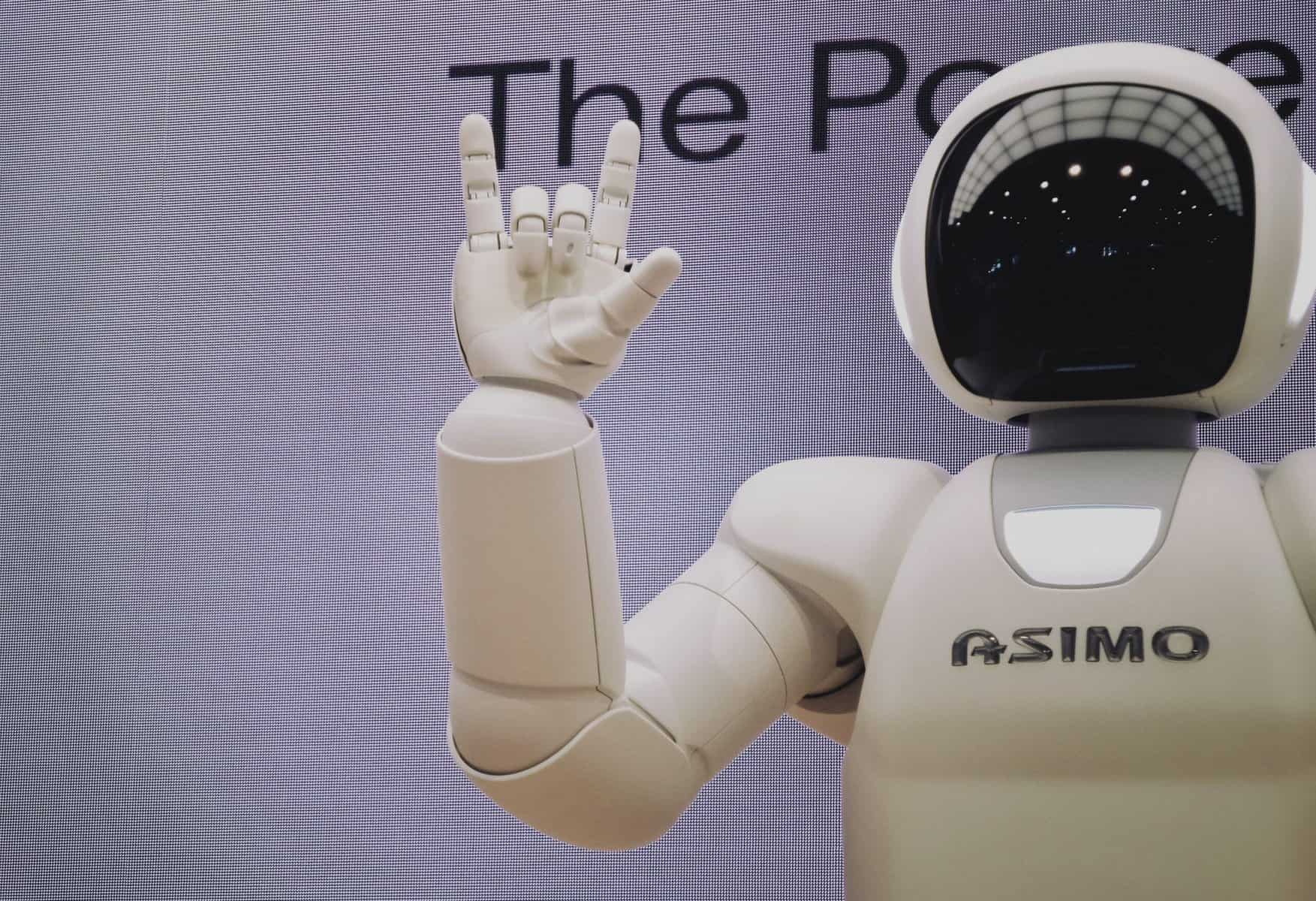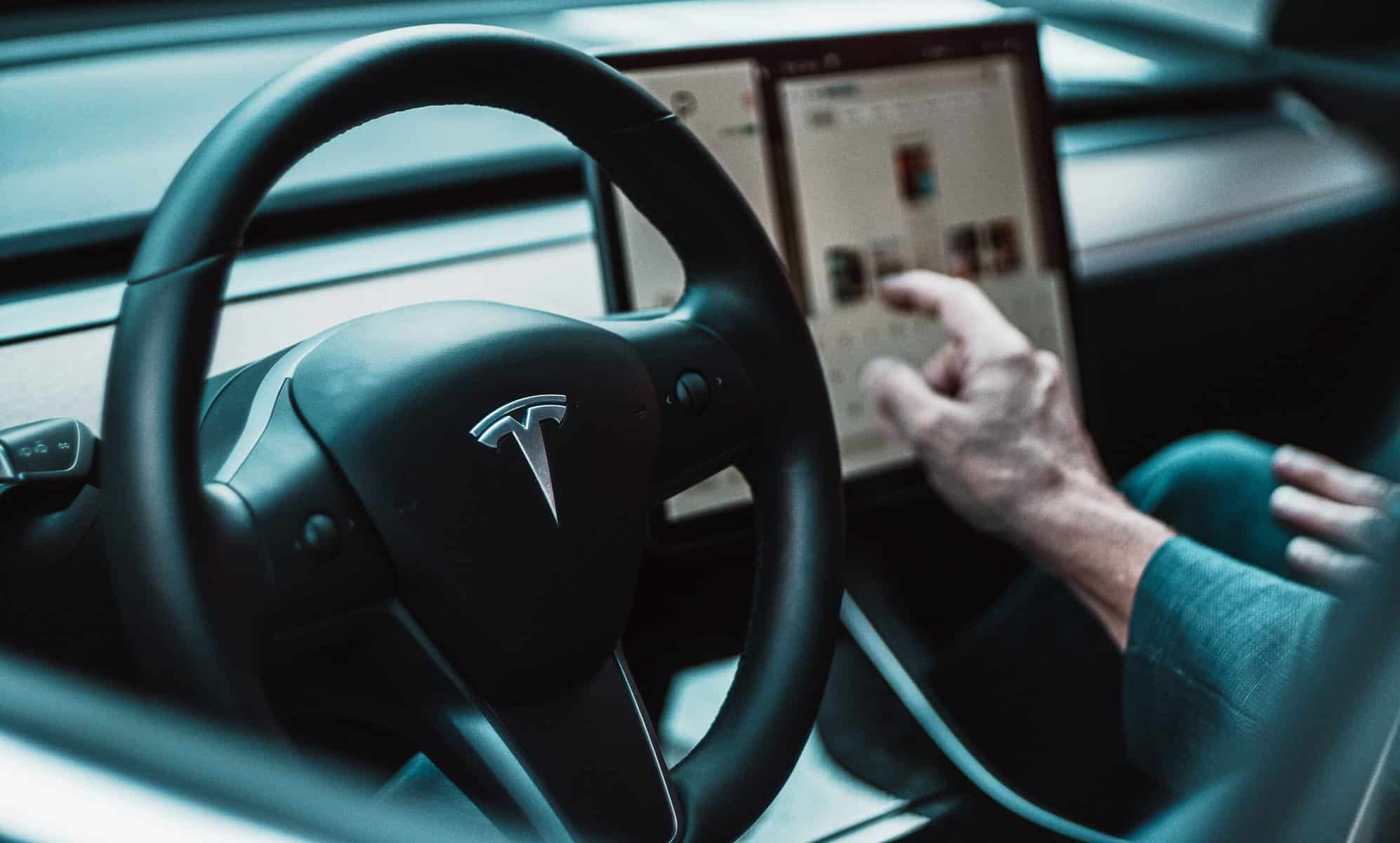Once viewed as a feature from a sci-fi film, artificial intelligence has evolved drastically over the last few decades. The first known examples of AI have been found across the world, from Greek mythology to Chinese history. It’s been used in science fiction over the last century to show robots turning against humanity, taking over the planet, and causing devastating consequences. Yet today, it couldn’t be further from the truth. In the 21st century, AI has been introduced into several industries, ranging from health to manufacturing to education. It has brought forward technology at such a rate, and transforming industries. This is a fantastic development by humanity and highly beneficial to society, however it leaves the question – what if we take AI too far?
Where did artificial intelligence come from?
The idea of AI can be traced back to philosophers’ ways of describing human thinking as a symbolic system. Yet the study of AI supposedly originated from the second world war. Alan Turing and John Von Neumann have gained the title of the ‘founding fathers’ of the technology behind AI. The period between 1940 and 1960 introduced technical developments of artificial intelligence. This includes the development of computers by John Van Neumann and the concept of making machines think, by Alan Turing. In WWII, Turing laid down the foundations of AI through his work and development of the Turing machine, which resulted in being a prototype of the modern-day computer. This led to the Turing Test, which he titled ‘The Imitation Game’, a method which tested computers to determine if they are capable of making decisions like a human.
Alan Turing had a huge part in the development of technology of AI but it was not him who came up the term. In fact, it was 2 years after Turing’s death in 1956 when John McCarthy named the concept artificial intelligence.
Development of artificial intelligence
It was at the Dartmouth Workshop of 1956 where artificial intelligence was coined by a group of scientists and mathematicians. The workshop took place over 6 to 8 weeks and is known for founding artificial intelligence as a field.
In 1961, the first industrial robot Unimate was built. It worked at a General Motors Assembly in New Jersey and completed tasks which were deemed too dangerous for humans. In 1965, ELIZA, an interactive computer programme, was developed by Joseph Weizenbaun. It was capable of imitating human responses, and able to trick users into believing they were speaking with a human. Between 1966 to 1972, Shakey the Robot was developed at SRI International. It’s known for being the first AI robot with the ability to perform tasks without the need for step-by step instructions. AI was first introduced into pop culture in 2001: Space Odyssey, with computer HAL starring as an AI who turns on the humans after a malfunction.

Fast forward to the 21st century, and AI has developed into the new millennium. In 2000, Kismet the robot was created, and could recognise and stimulate human emotions with its face. Car manufacturer Honda releases ASIMO, a humanoid AI robot. In 2004, NASA’s Mars Exploration Rover mission began, with 2 robotic rovers Spirit and Opportunity exploring the surface of Mars. All these examples were once considered examples of fiction, yet today they are viewed as archaic. AI today has developed from entertaining concepts to self-driving cars and digital personal assistants (hello Siri and Alexa!).
Bizarre AI
But it doesn’t stop there – AI has been developed into bizarre ideas. Burger-flipping machines, book-writing programmes, and even beer brewing. Technology has evolved to create AI robots which now look like humans, such as Sophia. She is the world’s first robot citizen and was designed to look like Audrey Hepburn. Her AI “is designed around human values like wisdom, kindness, and compassion”, she once said. However, people became disturbed by her answers she gave in interviews. For example, when she was asked if she would destroy humans, she replied with “Okay, I will destroy humans.” (She later said that she doesn’t want that anymore, and that “I like all the humans of the world”).
When AI goes wrong
As successful as AI is, it unfortunately has its disadvantages. Just as it can be used for good, it can be used for the wrong reasons. In 2018, the Cambridge Analytica scandal used AI to gather data from individuals and use it for political and commercial gain – without permission. Facial recognition has become part of day-to-day life, and features on phones, cameras, and even marketing. However it can be unreliable and possesses multiple flaws, such as gender discrimination and racial bias. Failure of AI has even led to death, when Tesla’s self-driving vehicle crashed, killing 2 passengers.

AI for the greater good
Today AI is used across multiple industries for many reasons, but the technology is still in its early days. An obvious and beneficial use for AI would be in healthcare, as the possibilities for its use are endless. Already AI can pick up on patterns, symptoms, and help diagnose diseases such as cancer and dementia. In 2016, it was reported that AI can diagnose cancer risks 30 times faster than a human doctor. AI can be utilised in surgical robots, stabilising hand movements by surgeons and removing risks such as hand tremors.
It’s not just humanity that AI can help – it’s helping the planet too. OceanMind is a UK-based organisation who are using AI to monitor over-fishing and illegal fishing. The company uses AI to track ships and vessels, observing their locations to make sure they are fishing in areas they allowed. If ships are found in locations they are not licensed to operate in, the local authorities are contacted.
Recycling companies are now using AI to improve the accuracy of sorting waste and improving the efficiency of the systems. By using AI, it can sort out the different types of recyclable materials and reduce the amount of waste.

Ethics of AI
As brilliant as AI is, many can argue that it isn’t as great as it’s made out to be. For employers, having AI robots perform tasks is highly beneficial as it reduces risks, cheaper to run than a human employee, and is efficient. However for employees, AI takes jobs away from humans, there are risks of malfunctioning, and it raises the question of whether AI should be used in weapons. There are already countries who have developed tanks that can operate without humans, drones that can destroy ships, and other LAWs (lethal autonomous weapon). This raises the question of how moral it is to use AI, as the technology can create unemployment, cause harm to humans, and there is always the risk of the programmes malfunctioning.
There is an ongoing debate over AI and whether we have taken it too far. AI is improving healthcare, contributing to solving environmental problems, and completing tasks which would be risky for humans. However there are always risks, it can be used as a weapon, and can create unemployment.
What do you think of AI? Exceptionally futuristic or slightly problematic? Tweet us @SearchabilityUK and let us know!



